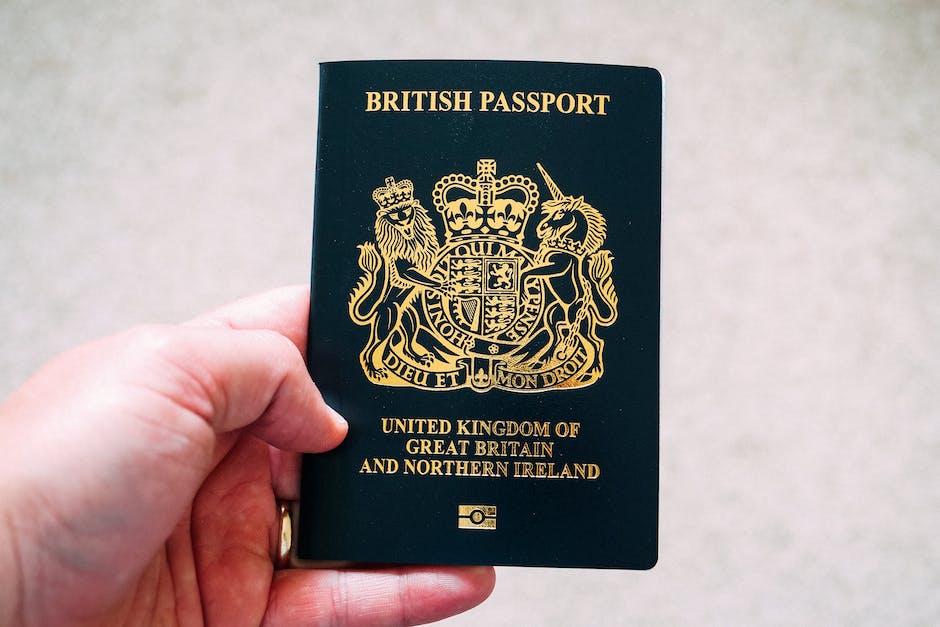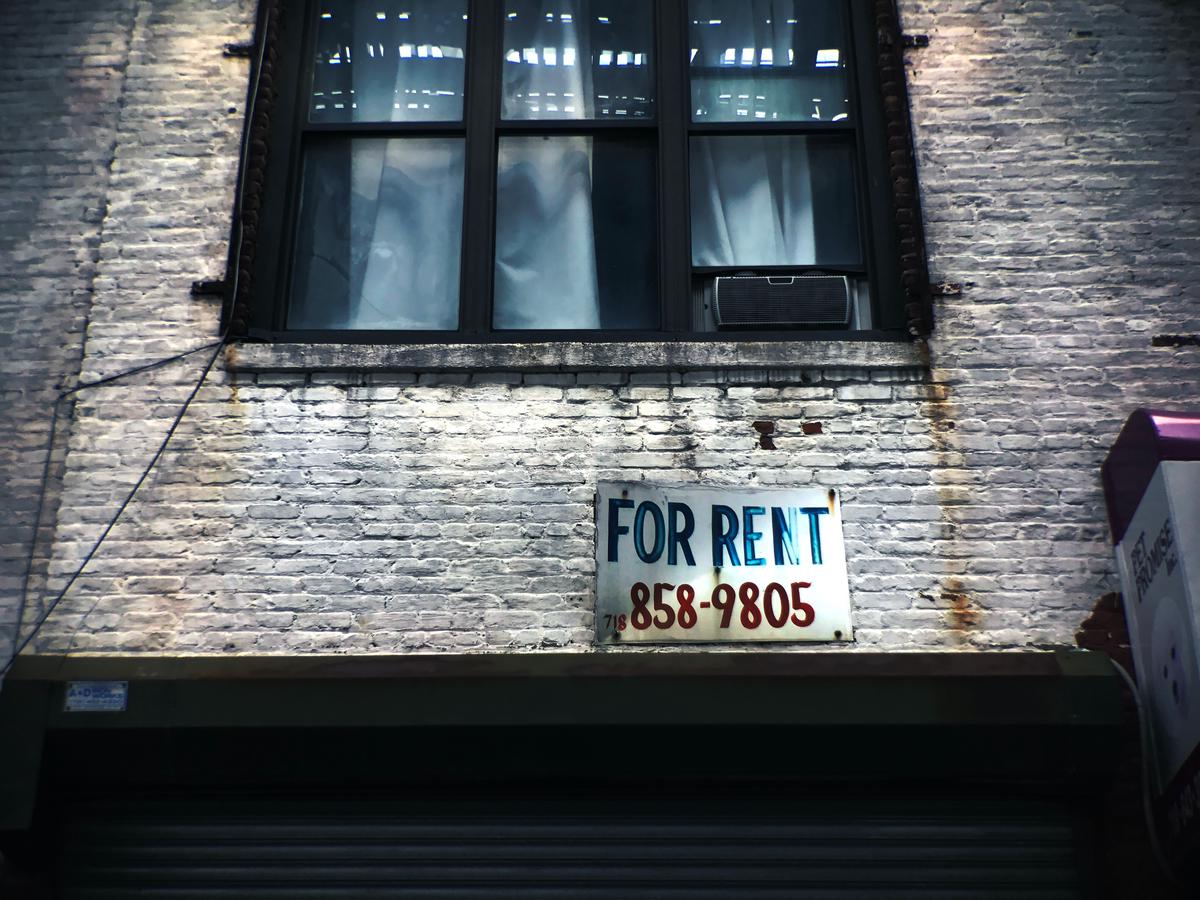Things may look simpler when it comes to renting out your property, however, there are legal intricacies to consider, especially in the state of Maryland. To keep your property dealings above board, acquiring a rental license is not just an option, but a mandatory requirement. This not only assures a sense of legitimacy to your dealings but also protects you from potential legal troubles that could lead to hefty fines or penalties. Throughout this write-up, we’ll be exploring what it means to have a rental license in Maryland, the process of acquiring one, and the noteworthy benefits it offers to the property owners. Furthermore, we will also shed light on the penalties you might attract if found renting without a license and address some of the frequently asked questions about rental licenses in Maryland.
1. Legal Requirements of Renting in Maryland
Understanding the Legalities of Renting in Maryland
Renting out a property in Maryland involves several legal obligations that homeowners need to understand. One of the key requirements for any landlord in Maryland is the necessity of obtaining a rental license before renting out a property.
A rental license in the state of Maryland is the legal proof that the property meets all the critical health and safety standards as set by county and city codes. This often includes elements like safe and accessible fire exits, operational heating systems, proper window and door locks, and structural integrity of the property.
Without this license, renting out a property is illegal and can lead to severe penalties. It is important to underline that the process of obtaining a rental license involves a mandatory inspection of the property by the county health department or other authorized organizations.
The Importance of Regular Inspections
Regular inspections play an indispensable role in maintaining compliance with Maryland rental property regulations. These inspections are designed to ensure that rental properties provide suitable living conditions and meet all safety codes.
Overlooking or neglecting these inspections can result in violation of state law and can potentially cause harm to the tenants, leading to further legal implications. It is the landlord’s responsibility to arrange these inspections, ensuring the property meets all the necessary regulations and housing codes.
Potential Consequences of Renting Without a License
Renting out a property without a rental license in Maryland can lead to serious consequences including hefty fines or penalties. The state of Maryland takes such violations very seriously. Any property discovered to be rented out without a license could risk a citation, a penalty or could even be ordered to cease rental activities.
Not only does the law enforce monetary penalties, but there’s also the potential to damage your reputation as a landlord. Tenants and potential tenants may question your integrity and reliability, damaging future opportunities for rental income.
The Necessity of Adhering to Building Codes
Compliance with building regulations and safety codes is another essential aspect that landlords need to take in consideration. These building codes ensure that the property provides a safe and comfortable living environment for the tenants. Any property that does not comply with these standards will not receive a rental license.
Acquiring a rental license for your property in Maryland is not just a legal requirement – it serves additional, significant roles as well. It acts as proof that your property is safe and up to par with the state’s standards and regulations. On one hand, the license offers landlords protection against potential legal troubles. On the other, tenants gain the assurance of residing in a property that is not just safe, but also well-maintained.

2. Process of Obtaining a Rental License
Demystifying the Importance of Maryland’s Rental License
The need for understanding the true essence of having a rental license in Maryland can’t be stressed enough. Operating without this license will put you at odds with the state’s law, potentially inviting penalties, legal repercussions, and other setbacks. Moreover, without a valid rental license, your tenants may question, even refuse, their duty to pay rent. As a rental property owner, it’s your duty to adhere to every local and state law to conduct your business legitimately.
The Rental License Application Process
In Maryland, you’ll start your application process at the Department of Housing and Community Development. You can conveniently apply for a rental license online or by mail. However, online applications are usually processed faster, leading to quicker approval.
Gathering Necessary Documentation
To obtain your rental license, you’ll need to provide specific documents. These include proof of insurance for the rental property, confirming that it meets the minimum coverage requirements. You’ll also need lead inspection certificates if your property was built before 1978, as Maryland law requires these properties to be lead-safe. Other documents may be requested depending on local requirements, such as a property deed or rental property notice.
Understanding the Costs
The cost to obtain a rental license in Maryland varies by jurisdiction. However, the fee is typically around $30 per year for each unit you’re renting out. You may also need to pay for any necessary inspections and the cost of meeting local safety requirements.
Ensuring a Smooth Process
Submitting a complete and accurate application will help ensure a smooth process. Make sure to double-check all entered information for accuracy and comprehensiveness to prevent any delays or rejections. It’s advised to keep copies of all submitted documents for your records and future reference.
To avoid costly mistakes, keep yourself updated on local ordinances and state laws regarding rental properties, which may change from time to time. You can do this by frequenting your local and state government websites, subscribing to relevant news feeds and newsletters, and even attending local landlord association meetings.
Renewal of a Rental License
Remember, rental licenses are not a one-time acquisition. The license in Maryland is typically valid for one year, so make sure to renew it before the expiration date. The renewal process is simpler and less stressful when you’ve kept good records and remained compliant with all state laws and local ordinances throughout the year.
Being a landlord in Maryland involves more than simply owning a property and renting it out. It’s essential to uphold certain legal responsibilities, including obtaining and maintaining a rental license. This not only adds a sense of legitimacy to your rental business but also provides peace of mind for both you and your tenants. It fosters a feeling of trust and goodwill, making the investment of time and effort worthwhile.

3. Benefits of Having a Rental License
The Value of a Maryland Rental License
Securing a rental license in Maryland helps reinforce the legitimacy of your rental operations. This is highly beneficial when it comes to building a reputation for legal compliance and professionalism among potential tenants. Tenants often trust landlords who have gone the extra mile to register their properties legally. Knowing that their landlord abides by the state laws and regulations provides them with a sense of security and the comfort of living in a property that is managed according to the tenants’ rights guidelines.
Liability Protection: A Primary Benefit
Another key benefit of obtaining a rental license in Maryland is the liability protection it offers. As a landlord, you are susceptible to several legal and financial risks, and a rental license can serve as a buffer. Operating without a rental license could mean that you are personally liable for any damages or injuries that occur on your property. This could lead to unexpected costs or legal complications. However, with a valid rental license, you are generally more protected against these risks.
For example, let’s imagine that a tenant or their guest gets injured on your property due to some maintenance issues. If you do not have a rental license, it is possible that you, as the property owner, could be held financially liable for the injury. But if you have a rental license, your liability may be to a certain degree limited, protecting your assets.
Legal Advantage in Court For Tenant Issues
Furthermore, having a rental license can give you a legal advantage in court for tenant issues. For instance, if a tenant refuses to pay rent or breaches the lease agreement in other ways, a rental license can allow you to legally evict them. Without a valid license, handling such disputes could become quite troublesome and you may not have the rights to enforce the eviction.
Consider the example where a landlord without a rental license tries to evict a tenant for non-payment of rent. In Maryland, the court may refuse to uphold the eviction, as the property is considered not legally rented out due to the lack of a license. This could leave the landlord in a precarious situation where they are not receiving rental income from a tenant who is technically squatting in their property. By obtaining a rental license, landlords can avoid such legal predicaments.
Accessing Rental Assistance Programs in Maryland
One of the significant advantages of having a rental license in Maryland is the capability to participate in rental assistance programs. These programs serve as a safety net, providing financial aid to landlords during challenging times such as non-payment of rent by tenants, economic downturns, or global pandemics. Without a rental license, landlords typically cannot access these helpful programs, highlighting the importance of having valid licensure.
This was most evident during the Covid-19 pandemic. A great number of people experienced financial instability that resulted in the inability to pay rent, creating a difficult situation for landlords. However, in Maryland, landlords with the necessary rental license were eligible for governmental rental assistance programs. These programs provided the necessary finances to offset the loss of rental income.

4. Consequences of Not Having a Rental License
Avoiding Hefty Financial Penalties
There are significant financial implications associated with not having a rental license in Maryland. The Maryland Department of Housing and Community Development has the authority to impose civil penalties against landlords operating without proper licensing. These penalties can range from nominal fines to substantial charges, potentially as high as $1,000 per day. However, the financial burden does not end there. In addition to fines, landlords of non-licensed properties may be barred from collecting rent; this could potentially deprive them of their primary income source from their property.
Legal Ramifications
If you choose not to obtain a rental license for your property in Maryland, you may find yourself in a variety of legal predicaments. Your legal standing in tenant disputes might be compromised. Without a license, you lose the ability to enforce lease terms and collect unpaid rent through the court system – leaving you vulnerable to tenant misconduct, damage to your property, and unpaid rent.
Moreover, tenants may have grounds to file lawsuits against unlicensed landlords. For instance, if a tenant were to discover that their landlord does not possess the necessary rental license, they could potentially take legal action, including demanding repayment of all previous rent. This could result in grave financial and legal consequences.
Loss of Revenue
Aside from potential lawsuits and financial penalties, not having a rental license in Maryland can cost you a significant amount of revenue. Specifically, the state can deny the right to collect rent, which essentially nulls any income you’ve planned to make from your property during the period of noncompliance. Also, any money that has been collected while the property was without a license may need to be returned to the tenant.
These potential losses coupled with the possible cost of fines and civil penalties can make for a financially crippling situation, making the property more of a liability than an income generator.
Tenants’ Rights and Protections
It’s also worth noting the harrowing scenario of health and safety violations. Without a rental license, a landlord might fail to meet the standards of the Maryland Rental Housing Code, which safeguards tenants from unsuitable and unsafe living conditions. This oversight can lead to serious consequences, including lawsuits filed by tenants for neglect or violations.
For property owners considering becoming landlords in Maryland, securing a rental license isn’t just a good idea – it’s a necessity. It brings a sense of security and fair treatment for both parties involved – the owner and the renter. This essential step prevents financial mishaps, legal troubles, and any undue stress in the landlord-tenant relationship.

Photo by seanpollock on Unsplash
5. FAQs About Rental Licenses in Maryland
Defining a Rental License
A rental license is essentially a certificate granted by either a city, county, or state authority, that empowers a property owner to lawfully lease their property. In the context of Maryland, a rental license is of utmost importance. This is due to the fact that the law prohibits property owners from renting without a valid license. This license acts as a guarantee that the property up for rent complies with established health and safety measures, thereby ensuring the tenant’s well-being and holding the landlord accountable.
Why Should I Have a Rental License?
A rental license is the legal foundation of owning rental property. Beyond the legal obligation, it offers a variety of benefits to the landlord. It assures that properties maintain local health and safety standards, protecting both tenants and property owners from potential health risks and liabilities. It also assures prospective tenants that they are dealing with a compliant and professional landlord. In the event of disputes, a rental license can help protect the landlord’s rights.
How Do I Obtain a Rental License?
The process for obtaining a rental license in Maryland involves several steps. First, the property must pass a rental housing inspection conducted by the local Health Department or Building Office to ensure it meets housing and building codes. Next, the property owner will need to fill out appropriate paperwork provided by the jurisdiction’s licensing agency. This often involves providing specific information on the property and its owner(s). Finally, a licensing fee is usually required.
Do I Need a Separate License for Each Property?
In Maryland, generally, a separate rental license is needed for each property you own. However, the rules can vary between jurisdictions. Some may require individual licenses for each rental unit, while others may only require one license for multiple units in a single building.
Can I Transfer or Renew a Rental Licence?
Rental licenses in Maryland are subject to renewal, usually every one to three years. Keep in mind that renewal often involves a subsequent property inspection and additional fee. However, transferring a license from one property owner to another is generally not allowed. The new property owner usually has to apply for a new rental license. It is important to check with your local jurisdiction for specific rules and procedures on license transfers and renewals.
What Happens If I Rent Without A License?
Operating a rental property without a valid license in Maryland can lead to serious consequences. Besides the inability to legally evict a non-paying tenant, landlords could encounter hefty fines and penalties. They may also be ordered to recompense tenants for all rents collected while their property was not properly licensed. What’s worse, landlords may be denied the chance to obtain a rental license in the future.
In conclusion, having a rental license for your rental property in Maryland is not only a legal requirement but also a crucial step towards managing a successful rental business. It promotes better landlord conduct, ensures tenant safety, and protects your interests as a landlord.

Knowing and incorporating the requirements of a rental license into your rental property business in Maryland is an essential step to safeguard your investment and reputation. It’s worth noting that operating without a license could expose you to legal complications, fines, and loss of your rights to recourse in situations of dispute. Armed with a rental license, however, you can venture into the rental arena with a shield of legal compliance, providing you with both protection and an upper hand in tenant disputes. Hence, understanding the acquisition process, upholding compliance, and utilizing the benefits of rental licensing is not just an advisable but a necessary armament in the state of Maryland. Lastly, we hope that we successfully addressed your queries regarding the rental license and equipped you with practical knowledge to navigate any upcoming rental property endeavors.
